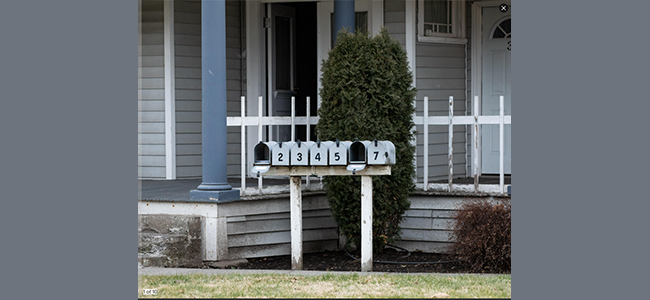Seattle may have the highest rents statewide, but communities such as Walla Walla and Spokane have seen the most drastic losses in affordability.
||| FROM CROSSCUT.COM |||
Over the past two decades, Walla Walla has become a destination for wine lovers who travel to the region to enjoy some of its more than 120 wineries, stay in the area’s boutique hotels, and dine and shop in a beautiful and bustling downtown.
While leaders of this small southeastern Washington city are happy to claim this economic success, being a booming wine region has resulted in other problems for its residents.
Friends and neighbors Patricia Divine Wilder and Di Gabriel have witnessed this growth, having lived in the area on and off for the past two decades.
But the retired women, who both live in a housing development a few miles east of the tasting rooms dotting Walla Walla’s downtown, have also seen another, more concerning, trend: drastically rising rents. Both women live on fixed incomes and often wonder where they’ll get the money for future increases.
“It’s a central issue that is of huge concern to us,” Divine Wilder said.
It’s also a concern for civic leaders – not just in Walla Walla but across Washington. The sharp rise in rent in the Walla Walla area, with a population of around 45,000, is just one of many examples across the state that renting a home has become increasingly difficult from Seattle to Spokane and in every small city and town in between.
While Seattle may have the highest rents statewide, the most drastic percentage increases over the past four to five years are in smaller cities and rural areas. And affordability is not an issue just for the poor but across different income levels: Even college-educated professionals are feeling the pinch of rapidly rising prices.
Median gross rent in Washington was nearly $1,500 in 2021, ranking it among the top five U.S. states, according to U.S. Census Bureau data. Only Hawaii and California had considerably higher rents (along with Washington, D.C.), and Colorado and Massachusetts were a few dollars higher.
**If you are reading theOrcasonian for free, thank your fellow islanders. If you would like to support theOrcasonian CLICK HERE to set your modestly-priced, voluntary subscription. Otherwise, no worries; we’re happy to share with you.**








I urge everyone to read the full article at Crosscut.com – This piece is short on practical ideas but it does show that SJC is not alone in struggling with housing affordability. Perhaps looking to what worked in the past is a good idea? It seems to me that, on Orcas at least, an old fashioned ‘residential hotel’ or boarding house is sorely needed. Most small towns had at least a couple of boarding houses and bigger cities had many. These rooms ranged from the cheapest ‘flop house’ room to the most luxurious penthouse apartments with room service, housekeeping, fine restaurants, laundry service, etc. and everything in-between. If you dislike the term “residential hotel”, perhaps we could call them “studio apartments”?
“Residential hotels have existed for most of America’s history. Called rooming houses, boarding houses or simply hotels, residential hotels typically provided an affordable small room and shared bathroom. Meals were often provided in a common dining area.
Residential hotels came into prominence in the mid-to-late 19th century. In the seminal text on the subject, Living Downtown: The History of Residential Hotels in the United States, Paul Groth writes, “In the young Chicago of 1844, about one person in six listed in the city directory lived in a hotel, and another one in four lived in a boardinghouse or with an employer. Walt Whitman reported in 1856 that almost three-fourths of middle and upper class New Yorkers were either boarders or permanent hotel guests.”
The above is from an article in medium.com – https://medium.com/panoramic-interests/the-decline-of-residential-hotels-left-a-huge-housing-gap-panoramic-interests-can-help-fill-it-19929eda3808
If such a residential hotel turns out to not be financially feasible as a private, for-profit venture, perhaps the county could tap lodging tax revenues to help? Or perhaps a cooperative of employers could collectively build an energy efficient, centrally located boarding house for their seasonal and not-yet-settled employees? This ought to take at least a little pressure off the SFR rental market.
This is just one idea for helping manage the affordability of housing. As a community, we need to have a variety of housing options available and affordable for people at all stages of their lives. This will require MANY out-of-the-box ideas and the courage to try some of them! Old fashioned boarding hotels might be one idea that we could try.